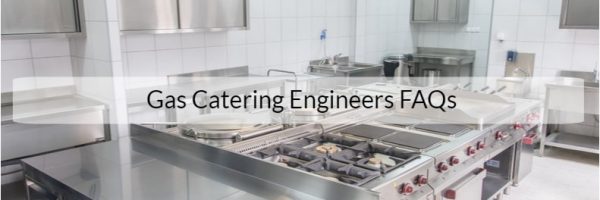
Catering Engineers FAQs
CPS Gas engineers is a company who specialises in servicing gas equipment in local and commercial setups. Our catering engineers are well trained to handle and execute all gas-related installation as well as maintenance services. We operate throughout Kent, Hampshire, Surrey and Sussex.
Yes, all traders that own and operate trailers that have gas equipment are required to get certification for their gas equipment every six months and must be renewed to ensure compliance. This helps in improving safety as well as a means for the authorities to control the trailers activities.
Yes, the law requires that every extraction system be cleaned annually. This is mainly done for insurance purposes as well as being the requirement of local fire chiefs before inspecting the premises. The purpose of cleaning the system is to remove sediment and particles from the piping that could damage downstream components like valves and meters. There are many other reasons for regular cleaning as well including removing debris that might have been accidentally left in the piping, prolonging equipment life expectancy, improving equipment efficiency, reducing space requirements for any forced-draft ventilations systems necessary for combustion control etc.
Yes, it is recommended that an extraction system should be installed for anything above 7Kw. The extraction system built by catering engineers has to be gas interlocked. The extraction system must also come up to current gas legislation.
Yes, legally as the landlord you’re required to have all the gas equipment on the premises serviced yearly, the equipment should also be certificated annually.
Yes, you are required to only hire a qualified professional Gas Safe engineer to inspect or work on your gas equipment. You’re also required to employ a Gas Safe engineer working on your LPG gas equipment too.
A gas interlock is one of the main requirements to guarantee the comfort and safety of all kitchen staff. If the ventilation on the kitchen is not working well, dangerous gasses such as carbon monoxide and nitrogen dioxide can accumulate and build up in a room.
Both carbon monoxide and nitrogen dioxide are dangerous gasses that pose massive health and safety concerns on the kitchen and nearby staff.
The safe gas register replaced Corgi as the body in charge of gas registration in Britain on 1st April 2009.
See below to learn more about what we do as part of our day to day work as commercial gas installation engineers to ensure safety is adhered to at all times. From gas catering repair, maintenance and installations, a gas catering engineer will ensure your equipment is safe and compliant, pre-empting any issues which may occur in more substantial commercial systems. We have created this handy infographic to list some of the key services we carry out.




